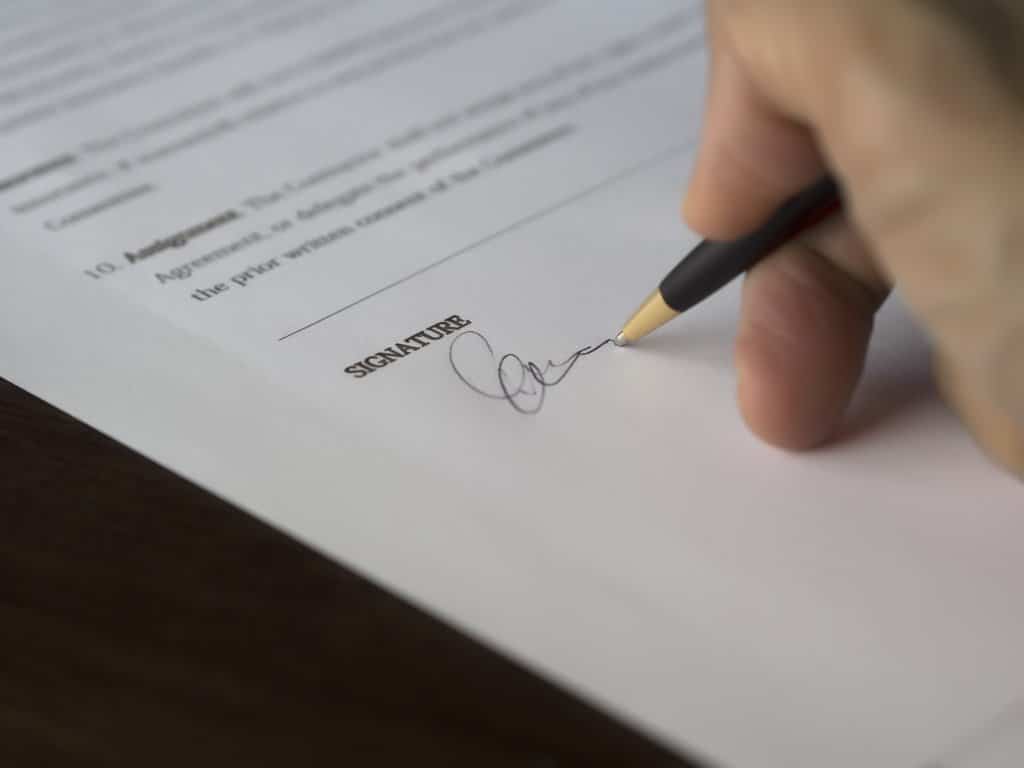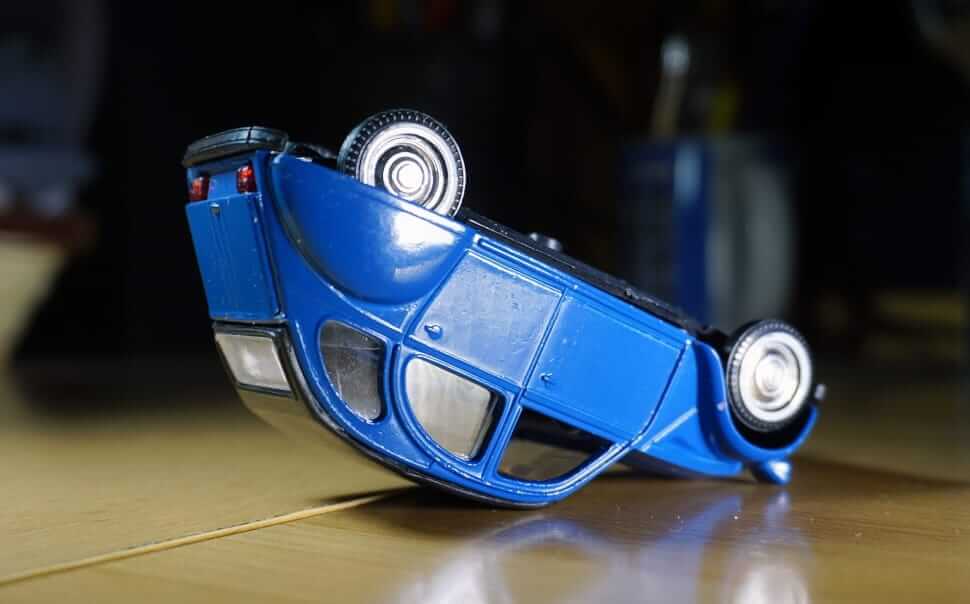Recent studies have revealed that the UK has started to see a significant decrease in the amount of car insurance claims made per annum, dropping 8% in the first half of last year (2018) to 326,699.
It is interesting to note that whilst the number of car insurance claims in the UK have dropped so significantly, the average cost of car insurance has still been found to be higher than previous years.
Regardless of these facts, it is still crucial that any and all drivers throughout the UK get insurance. This is a legal requirement, and failure to follow this can result in serious consequences, including an unlimited fine, indefinite disqualification from driving, and potential seizing and destruction of the uninsured vehicle.
Unfortunately, there are still a significant number of drivers throughout the UK who are not insured on their vehicles, the current estimation of uninsured drivers in the UK being at around 1 million, amounting to 4% of the country’s motorists.
With this many uninsured drivers on the road, it is important to ensure you not only have the correct insurance for your vehicle, but also know how to make claims on your insurance. But how do you make a motor insurance claim? And in what circumstances should I make such a claim?
Through this article we will be explaining exactly how to make such claims, whilst also exploring some of the other commonly asked questions surrounding this topic.
What to Do After a Motor Accident

If involved in a motor accident, depending on the severity of damage done, you might have to make a claim on your insurance. This will be dependent upon the nature of the incident, however, there are a few courses of action that should definitely be taken after any motor accident has taken place:
- Take photographs of the accident, including any damage done to your vehicle and the location of the accident.
- If injured, ensure you seek medical attention straight away, and make sure all injuries sustained from the accident have been officially recorded by a medical professional.
- If applicable, e.g. hit and run or involving an uninsured driver, inform the police as soon as possible.
- Tell your vehicle insurance provider about the accident as soon as possible. This is applicable even when you are not going to make a claim on your insurance.
- Exchange all details with all of the other drivers involved in the accident, including their name, contact details, and the registration number for the other vehicles involved.
- At the scene of the accident, do not admit that the crash was your fault.
How Do You Make a Motor Insurance Claim?

You can make a claim on your motor vehicle insurance simply by filling out a form from your insurance company. Additionally, depending on the circumstances of the accident, you can also get in contact with the insurers of the other driver involved. When making a claim through your own insurer, you will be asked to give them details of the other drivers involved and the accident itself; including any witnesses who could make statements for the claim. It is important to ensure that you keep all documentation involving the claim.
Comprehensive insurance cover – If you are involved in a motor accident and have a comprehensive insurance policy, it may be best to claim for any damages from your insurer. When your insurance company cannot collect the money from the insurer of other driver, you will be in risk of losing a no claims bonus. Forces Compare can help you compare car insurance with over 100 different brands. Our online application is free to use and takes just 5 minutes to complete.
For those who serve, we also offer military car insurance comparison options. Follow the link for further details.
Uninsured losses – If another driver has caused any damages to your vehicle or physical injuries, you can make a claim on this driver’s own insurance cover. This is typically done when your own insurance policy will not cover the specified injuries and/or losses, and is known as uninsured losses. Uninsured losses can cover for such costs from the accident as personal injuries and the alternative transport required when your car is in repair from the accident.

